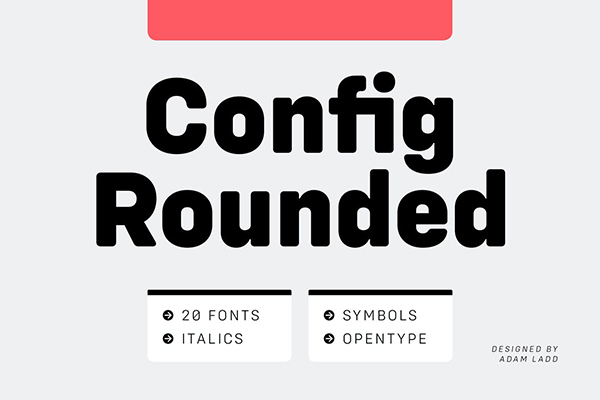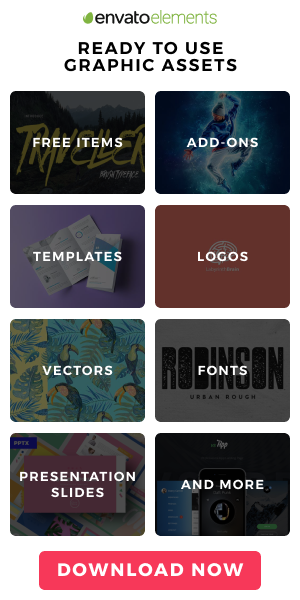The digital world spins faster than other planets. Here, agility and adaptability are necessary survival skills if success is what you’re after. We have come so far from text-heavy websites that used to reign in the 90’s and could make web designers of today make a run for the hills. In fact, it’s common knowledge that just having a website is not enough these days, it has to be the perfect mix of form and function because anything less will warrant no attention. ![]()
Now, the responsibility of having a visually-appealing and market-oriented website design falls on the shoulders of our brave and relentless website designers. It’s not a task for the faint-hearted, for a well-crafted site requires you to understand both the objectives of your client and the user experience of the audience they serve. If you’re someone who is looking to take the challenging path of web design, here are a few lessons that might help guide your way:
1. Always be evolving

The digital industry is ever-changing, the design trends of today may be obsolete tomorrow. In this line of career, you are never really done being a work in progress because change is its driving force. Be sharp, agile, and always ready and willing to adapt and learn an evolving process. Look at it as being a student again, but in a school that’s highly-focused on your passion which is design. Isn’t that much better?
For instance, the rise of mobile marketing means web designers had to recalibrate their knowledge and understanding of design in order to cater to the mobile-focused behavior of the market. Designs had to be responsive or risk losing a significant segment of the market. Trends may come and go, but having an agile mindset will keep working for you whatever lies ahead.
You may also like: 4 Web Design Tips that your Web Designer Won’t Know About
2. Trends are not everything

Speaking of trends, while it’s true that a part of your job as a designer is to know and understand trends, it does not necessarily mean you are required to follow them. While some trends become industry standards, as a designer, you need to take a deep dive into the rationale to help you determine what would and would not work for you. Do take trends as a learning experience, because at the end of the day, it became one for a reason; and it is almost always a step closer to better market insight. No need to worry about staying updated, because thought leaders have made it their commitment to publishing content specifically targeted to forecasting trends.
3. Maximize resources

The magic of this digital age lies in the fact that your resources for information are virtually endless. From free online resources and downloadable white papers to online forums and social media groups, the depth of your knowledge pool is only as limited as you set it to be. Learn to take advantage of those who have come before you, the other web designers who have already gone through the same challenges and were able to jump the same hurdles you are facing now. Find solace in the fact that you have access not just to a wealth of information, but also a community of web designers ready to lend a helping hand.
You may also like: 10 Web Design Principles Every Designer Should Know
4. Learn to say “no.”

As with any other career that requires you to closely interact with a client, you will eventually be faced with a few who think they know everything. Our word of advice? The customer is NOT always right in this situation. Saying “no” to some revisions or design requests is not about ego-tripping or arrogance, it’s about being consultative.
It’s important to remember that it took you years, and are continual, trying to master the craft of design, so do be confident in speaking your mind especially when you believe your ideas will help achieve the client’s goal. Being a “Yes” designer will stunt your growth and could burn you out to the point that you start hating the field.
Listen to what they want, but do not forget that you were hired as an expert to walk them through the process. Just saying yes to every favor is not doing any good to your client nor your output. In the event that you encounter this, focus on what the client wants to achieve through the request, find an alternative solution, and back it up with data.
You may also like: Get Inspired: How to Enhance Your Creativity as a Web Designer
5. Don’t box yourself

As a web designer, getting clients means being able to effectively market your skills. Nowadays, it’s all about being multi-hyphenated. Showcase your talent not just in web design, but also in communication, account management, critical thinking, marketing, and problem-solving. If you take the time to really dissect what it means to be a web designer, you will understand that you are MORE than just the title, that your abilities are far more extensive than you think. Every day, go back to lesson number 1- always be evolving. The more you learn, the more you are.
Bonus:
6. Update your portfolio and know your value

And speaking of marketing your skills, the first thing clients want to see when looking to hire a web designer is a portfolio. Find time to always update yours, so make it a habit to upload your latest work after every project – whether passion or paid. Beef it up by showing various industries and design styles because versatility is something that will never harm your reputation as a designer.
In addition to that, make sure your portfolio is easily accessible and shareable – put it online or make it downloadable. Besides being able to show your range, an updated portfolio can also serve as a testament to how you rate or value yourself as a web designer. Proving you can do more than the average designer means being able to charge more.
Final words
We are sure there are more lessons you can dig up on your own as you enjoy this amazing, creative career in web design, but these six make for a good foundation if you are building yourself to eventual success. For us, any additional ones you pick up along the way will always be, in one way or another, grounded on this- you’re constantly a work in progress, ever-learning and ever-changing.













